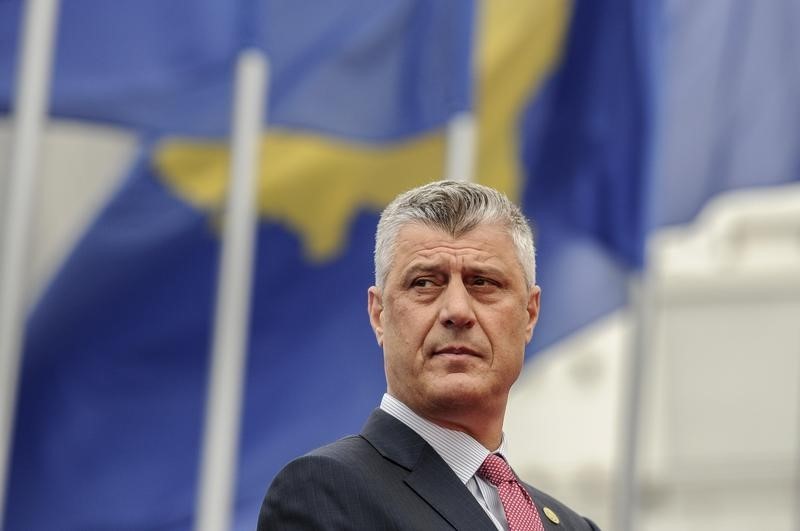BRUSSELS (Reuters) - Citizens of Kosovo will be able to travel freely within Europe's borderless Schengen zone under a European Commission proposal after the tiny Balkan state introduced a series of reforms sought by Brussels.
The European Union had been wary about offering Kosovo a visa-free regime after large numbers of Kosovars sought asylum in the bloc in 2014 and 2015. But Kosovo has improved border controls, introduced biometric passports and agreed to the return of citizens not entitled to asylum in the EU.
Citizens of other Balkan countries - Albania, Bosnia, Macedonia, Montenegro and Serbia - have been able to travel without a visa in the Schengen zone since 2010. Turkey, Ukraine and Georgia are awaiting the green light for visa-free travel.
"Kosovo has made great progress," Migration Commissioner Dimitris Avramopoulos told reporters on Wednesday, adding that he hoped national governments and the European Parliament would approve the proposal quickly.
Under the proposal, Kosovars with biometric passports would be able to enter the Schengen zone without a visa and stay for up to 90 days. The zone includes 22 of the 28 EU member states and several non-EU nations including Switzerland and Norway.
Kosovo, which has a population of 1.8 million, declared independence from Serbia in 2008 and is still not recognised by Belgrade. It has signed a trade and political pact with the EU but is still not recognised by five member states: Spain, Cyprus, Romania, Greece and Slovakia.
The EU Commission's visa proposal was welcomed in Kosovo, where President Hashim Thaci posted a banner with the Kosovo flag on his Facebook (NASDAQ:FB) page that read: "Goodbye Visa!"
"After decades of isolation there will be no more queues, no more rejections. When we work together there is no border that stops us," Thaci said.

EU foreign policy chief Federica Mogherini will meet the leaders of Kosovo and address its parliament on Thursday, the Commission said in a statement.